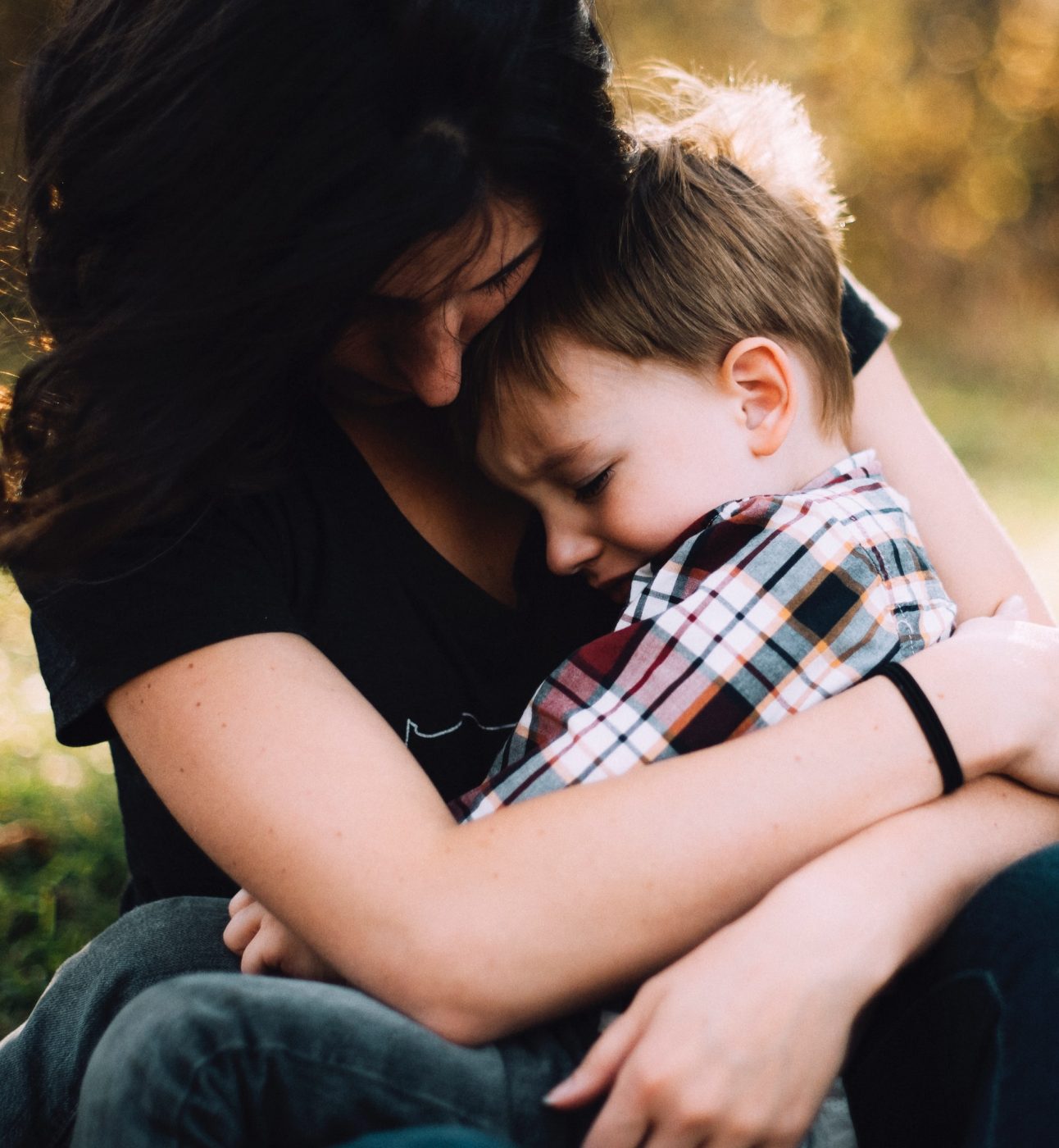Adult survivors want a response that holds the harmful individual(s) accountable, and supports other affected family members, especially children. Too often a non-abusive parent is blamed for the situation, and children are given either no support, or unsuitable support.
New research confirms support for groundbreaking approach to domestic abuse
Leading charities SafeLives and Women’s Aid Federation England collaborated with survivors of domestic abuse for five years to develop and deliver ground-breaking changes to domestic abuse response. A four-year evaluation by academics at the University of Central Lancashire (UCLan), published today, shows the success of the new approaches the two organisations, and survivors, created.
Traditional response to domestic abuse still asks a woman to simply ‘leave’ with her children, and misses the links between family members. This creates only frail levels of safety and doesn’t pay enough attention to long-term change. In Beacon sites SafeLives asked ‘Why doesn’t he stop?’, directly addressing and managing the risk an individual posed. At the same time, they provided specialist support for adult and child victims at an early stage, at points of crisis, and after a point of crisis was over.
UCLan’s research draws from the experiences of 300 adult women and 70 child survivors of domestic abuse, spanning five sites across England between 2017-2021. In SafeLives pilot sites, men using or experiencing abuse were also supported.
The innovative, tailored interventions in Beacon sites recognise that to make sustainable change, we need to acknowledge and respond to families as they are, deeply interconnected with one another, with intertwining situations and needs. This includes putting accountability for change on the individual(s) causing harm, directly addressing their behaviour.
After this research published today by UCLan, SafeLives is more confident than ever that putting survivors at the centre of domestic abuse response work is crucial and delivers better outcomes. If solutions are designed with survivors of abuse themselves – both adults and children – they are much more likely to meet their needs.
Adult survivor, Beacon siteI just felt that I was being listened to and what I was saying was being acting on, so it was very much... led by me
Adult survivor, Beacon siteThey’re all singing off the same sheet. They are all working with you as a team, and I think that is amazing.
The number of people supported in SafeLives Beacon sites exceeded the number who it was possible to capture in the evaluation – 1,000 were given direct support. Of these, 76% reported a cessation of physical abuse, 85% felt safer and 82% felt their wellbeing had improved.
Adult survivor, Beacon site.They just need a constant, you know. To have that extra person, just to go, phew, I know that [my daughter’s safe with this person, she can talk to them about whatever and they can build a relationship…
Children themselves were supported to speak up about what help they had received, and what impact it had:
Child survivor, Beacon site.I do get angry, but I’m a little bit better. Yes, I’m a little bit better. It’s more whenever like somebody calls me names. Back in my old school I’d normally punch them.
- 80% of children reported a reduction in abuse.
- 91% said their wellbeing had improved.
The evaluation is not shy of pointing out the challenges of piloting such ground-breaking work, including at the point the pandemic hit. SafeLives note that further replication of the work needs to test its suitability for families in different geographies, and with different characteristics.
Also that there’s still a great deal of work to do to bring on board those public bodies who can identify and stop harmful behaviours at an earlier stage – for example health and education. The Beacon pilot was ambitious and stretched local practitioners, asking them to work differently. Their achievements, in such a short space of time and even during Covid, are exceptional.
Results from the UCLan evaluation, SafeLives own research and – most importantly – feedback from survivors, shows this new approach works. 80% of survivors reported feeling more confident and 71% were optimistic about the future. Many survivors felt the work had an important impact on those who use harmful behaviour against people they are supposed to love; their own family.
From here, SafeLives hope to work with service commissioners and policy makers around the country to replicate and scale up the ‘Beacon’ site approach, so hope for change increases, and that change is delivered in every part of the UK.
Notes
The research was led by academics at the University of Central Lancashire (UCLan), in partnership with Bangor University, the University of East London and Manchester Metropolitan University.
The ‘Roadmap Programme’ was the umbrella name for work devised and delivered by SafeLives and Women’s Aid England. It was delivered in five sites across England over a period of five years with funding from The National Lottery Community Fund. SafeLives sites were in Norfolk and West Sussex, and these were referred to as ‘Beacon’ sites.
SafeLives engages with men and boys in a range of different ways, however this evaluation, supported by the Lottery’s Women and Girls Initiative, focused on the impact of domestic abuse on women and girls. Additional data is available from SafeLives directly on request.
Our thanks to UCLan for conducting this evaluation, which was challenging work over multiple years and a pandemic. The findings produced will provide valuable learning for the domestic abuse sector.
You may also be interested in

Children and young people

